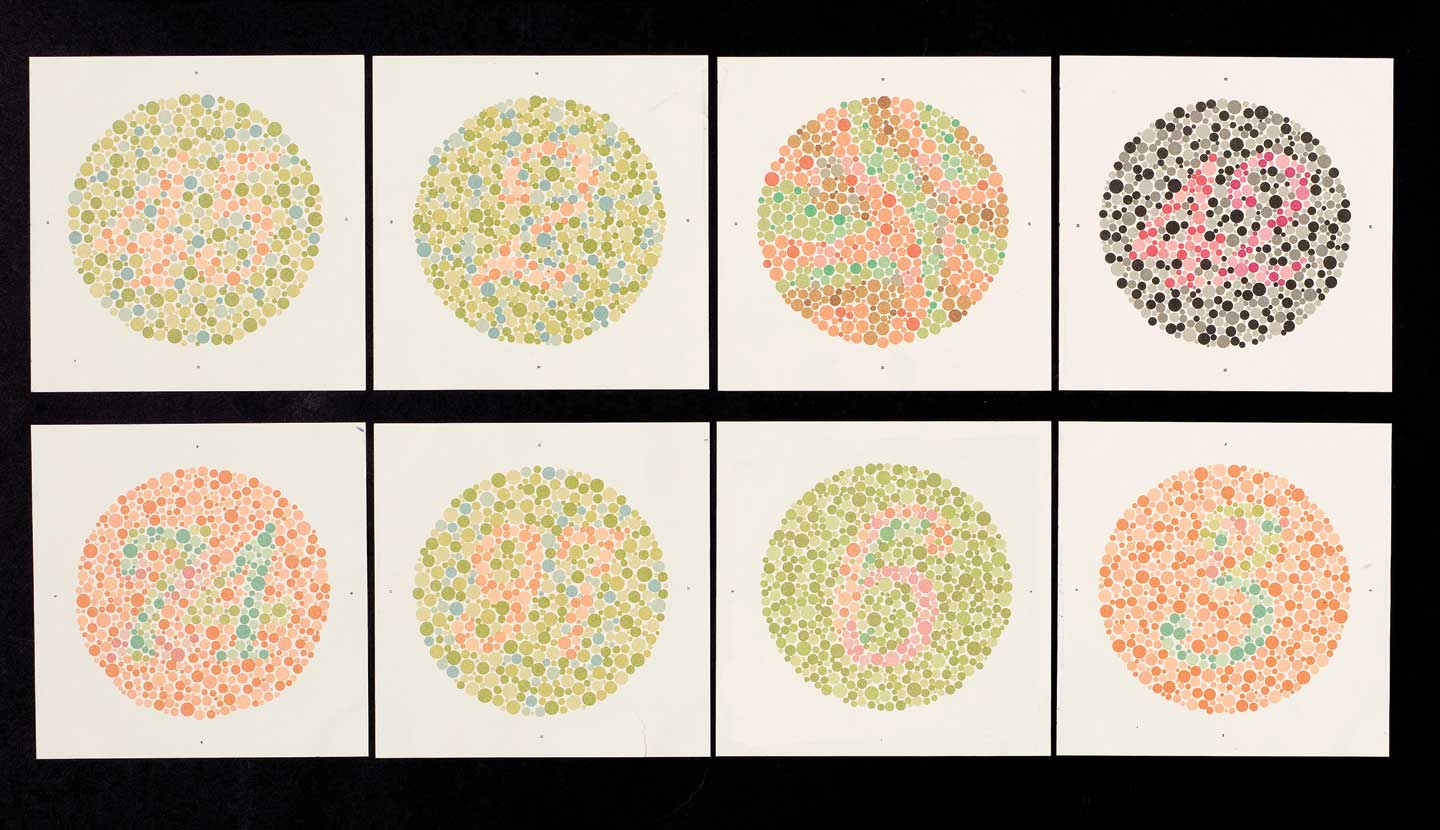Color Blind
The Nation
2019-11-11
Ismail Muhammad, Reviews Editor
The Believer
Thomas Chatterton Williams’s argument against race.
Thomas Chatterton Williams, Self-Portrait in Black and White: Unlearning Race (New York: W. W. Norton, 2019)
Early in Nella Larsen’s 1929 novella Passing, Clare Kendry speaks nervously of her daughter Margery’s birth. “I nearly died of terror the whole nine months before Margery was born,” she confesses. She is, for all intents and purposes, a white woman married to a wealthy white man. Yet she finds herself fearing that her child’s birth will reveal her for what she is: a black woman who passes for white. If a child of Clare’s came out dark, it would be evidence of her passing. Luckily, Margery was born fair skinned. “Thank goodness, she turned out all right.”
A similar scene unfolds at the beginning of Thomas Chatterton Williams’s new memoir, Self-Portrait in Black and White: Unlearning Race. In 2013, Williams—the son of a white woman and a black man—and his white French wife are living in Paris when she gives birth to their daughter, Marlow. Like Margery, Marlow arrives with fair skin. But this is not a comfort to Williams; instead, it comes as a shock. “It took my sluggish mind a moment to register and sort the sounds; and then it hit me that [the doctor] was looking at my daughter’s head and reporting back that it was blond,” he recalls.
Unlike Clare’s child, Williams’s blond baby is not the cause of relief but of psychic agitation. For Williams, she’s a portal into a new conception of his own racial identity. “I was aware…however vaguely, that whatever personal identity I had previously inhabited, I had now crossed into something new and different,” he writes. While Williams had long considered himself black, Marlow’s arrival unsettled his assumptions about how real race is to begin with. “The sight of this blond-haired, blue-eyed, impossibly fair-skinned child shocked me—along with the knowledge that she was indubitably mine,” he writes. How can the world consider this child black, and what does it say about his racial identity that he has fathered her? Even more important, his daughter’s birth raises a set of deeper existential and political questions. What does it say about race that some of the key assumptions that buttress Western conceptions of racial identity—that one’s skin color can tell us one’s race, for instance—dissolve in the face of reality’s manifold intricacies?…
Read the entire review here.




